Iran, Bahrain move to open new chapter in bilateral ties as regional convergence grows
By Alireza Akbari
In a significant development signaling growing regional convergence, Iran and Bahrain are set to reconcile and restore diplomatic ties after a hiatus of eight years.
In a joint statement on Sunday, the foreign ministries of both countries highlighted the deep-rooted historical, fraternal, religious, and geographical ties between Iran and Bahrain.
The statement followed a meeting between Bahraini Foreign Minister Abdullatif bin Rashid Al Zayani and Iran’s acting Foreign Minister Ali Bagheri Kani on the sidelines of the 19th Ministerial Meeting of the Asia Cooperation Dialogue (ACD) in Tehran.
The two diplomats engaged in detailed discussions to lay the groundwork for future dialogues aimed at fully restoring political relations between the two Persian Gulf countries.
The 19th ACD Ministerial Meeting, held on Monday, saw participation from 30 international delegations, with an emphasis on the importance of enhanced cooperation and convergence
Bahrain’s diplomatic shift viz a viz Iran
Bahrain severed its diplomatic ties with Iran following the escalation of tensions between Tehran and Riyadh in 2016 over the execution of a prominent Shiite cleric Sheikh Baqir Nimr in Saudi Arabia.
Bahrain was among several Persian Gulf states that sided with Riyadh and cut ties with Iran.
However, after the restoration of ties between Iran and Saudi Arabia following marathon negotiations mediated by Iraq, Oman and China in March last year, many Persian Gulf countries followed suit and extended an olive branch to the Islamic Republic of Iran.
According to regional observers, late Iranian president Ebrahim Raeisi’s neighborhood-friendly foreign policy and East-centric focus were instrumental in this convergence between Persian Gulf states.
Before Bahrain, countries such as Kuwait, Sudan, Egypt as well as the UAE and Jordan had restored ties with Iran.
In a televised interview two weeks ago, Mohammad Jamshidi, the deputy chief of staff for political affairs of the Iranian president, confirmed reports about Bahrain’s move to restore ties with Iran.
He revealed that Bahrain had conveyed a message through Russia to Iran, expressing a desire to normalize relations after a hiatus of over eight years.
The revelation confirmed earlier media reports about the meeting between Bahraini King Hamad bin Isa Al Khalifa and Russian President Vladimir Putin in which the former asked Moscow to broker the truce between the two Persian Gulf states.
The issue was also discussed during the Bahraini King’s meeting with Chinese President Xi Jinping.
Bahrain's watchful diplomatic gaze
Before Jamshidi's statements, Manama had indicated its interest in enhancing diplomatic relations with Tehran, indicating a proactive push towards actualizing a thaw in Bahrain-Iran relations.
King Hamad bin Isa Al Khalifah of Bahrain, according to media reports, had expressed his country’s commitment to improve ties with Iran during a meeting with Chinese President Xi Jinping in Beijing.
He emphasized Bahrain's aspiration for peace, forgiveness, and human coexistence, highlighting the importance of dialogue and peaceful diplomacy to settle outstanding issues.
King Hamad reiterated the value of “good neighborliness and non-interference in internal matters,” affirming Bahrain's endeavor to restore diplomatic relations with Iran as a means to promote harmony and cooperation between the two countries.
Also, in his meeting with Russian President Vladimir Putin in Moscow, King Al Khalifa reiterated his support for re-establishing ties with Tehran, emphasizing that the atmosphere between the Islamic Republic and Bahrain has become clear, and there are no obstacles to delaying normalization.
During the meeting held at the Kremlin, Bahrain's monarch conveyed to Putin that there was no justification for further delay in resuming diplomatic relations between Manama and Tehran.
He also underlined Bahrain's dedication to fostering good relations with its neighbors and underscored the significance of diplomatic, commercial, and cultural connections with neighboring countries.
Raeisi's East-centric foreign policy
After assuming office as the eighth president of Iran in 2021, Ebrahim Raeisi emphasized the importance of focusing on the East and strengthening ties with countries in the neighborhood.
Raeisi’s administration placed a strong emphasis on the policy of good neighborliness, signaling Iran's intent to improve relations with neighboring states, especially in the Persian Gulf region.
The active engagement of his top diplomat Amir Abdollahian in regional tours, coupled with Iran's focus on regional blocs such as the Shanghai Cooperation Organization (SCO) and the BRICS, underscored the country's commitment to an eastward orientation to capitalize on the potential opportunities in Asia.
Relations with Riyadh saw a significant turnaround on March 10, 2023, as the two countries reached an agreement in Beijing to restore diplomatic relations and reopen embassies and consular missions.
Iran reopened its embassy in Saudi Arabia on June 6, 2023, with Saudi Foreign Minister Faisal bin Farhan Al Saud visiting Iran on June 17, 2023, after nearly seven years.
Following the progressive diplomacy between Tehran and Riyadh, Iran and Sudan agreed in October 2023 to restore diplomatic ties after a seven-year hiatus to promote the interests of both nations.
Tehran and Khartoum's decision to enhance relations followed the resumption of diplomatic connections between Tehran and Riyadh.
In an October 2023 statement, Iran's foreign ministry affirmed that Tehran and Khartoum had agreed to restore friendly relations based on mutual respect for sovereignty, equality, common interests, and peaceful coexistence of the two sides.
Iran's relations with Kuwait also witnessed meaningful progress, as evidenced by a productive meeting between the Iranian Ambassador to Kuwait, Mohammad Toutounchi, and Ahmed Abdulaziz al-Sadoun, Speaker of the Kuwaiti National Assembly, in late November 2023.
Toutounchi emphasized the positive trajectory of bilateral ties, indicating a notable advancement in relations between the two countries.
Moreover, Egypt also emerged as a significant partner in Iran's diplomatic outreach efforts under the Raeisi administration.
A telephone conversation between Iranian Acting Foreign Minister Ali Bagheri and Egyptian Foreign Minister Sameh Shukri on June 6, 2024, highlighted the imperative need to sustain ongoing dialogues, aligning with the policies of the Raeisi government, aimed at facilitating the resumption of bilateral relations based on mutual respect and shared interests of both nations.
These diplomatic overtures affirm the enduring impact of President Raeisi's illustrious legacy in advancing cooperation with neighboring countries and allied partners.
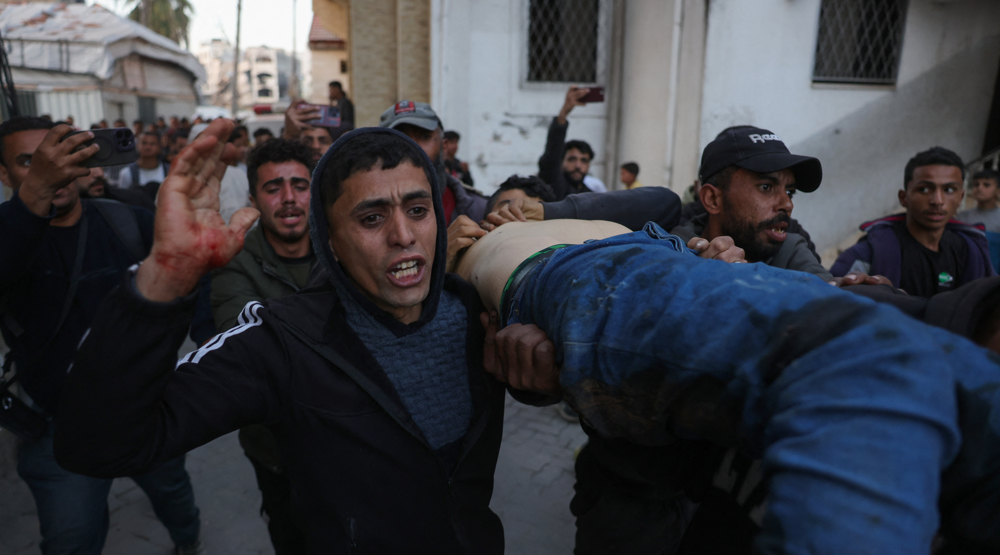
Iran condemns Israeli war crimes in Gaza, West Bank
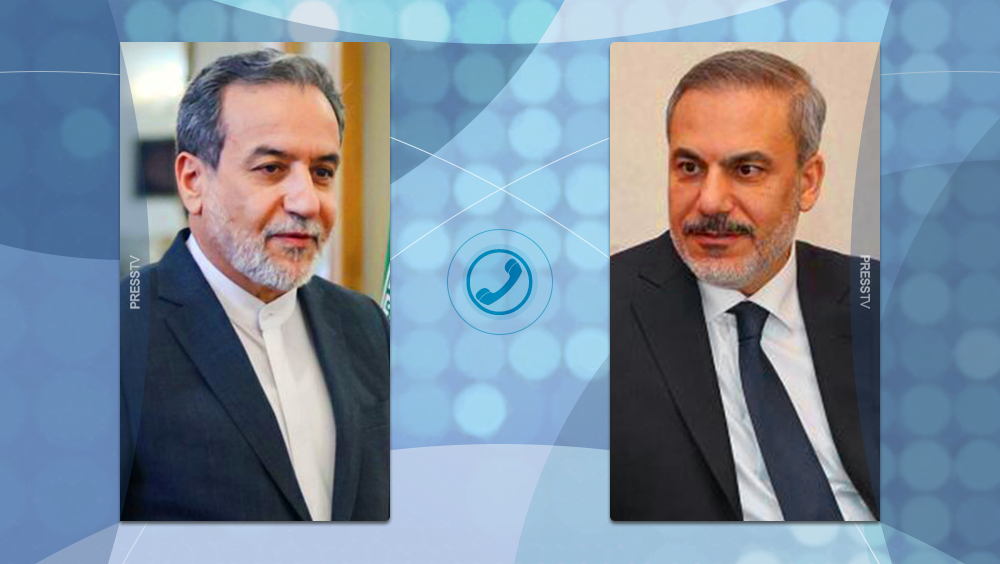
Iran, Turkey foreign ministers discuss Muscat talks, other regional issues
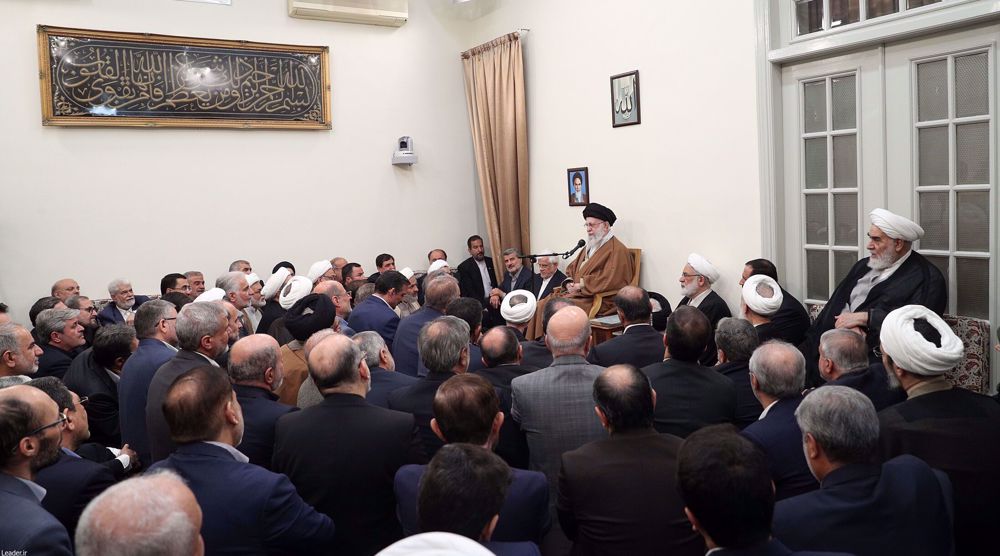
Leader: Indirect Oman talks ‘good’ in early stages but lack of trust 'remains' about other side
VIDEO | Rally against another Columbia student arrest held in New York
VIDEO | Press TV's news headlines
VIDEO | Tehran-Washington negotiations
VIDEO | Iran leads global push to define terrorism after 25 years of debate
US prepares to arm Israel with 1000s more bombs ahead of ‘vigorous expansion’ of Gaza war
Hamas: Surrender not an option; Netanyahu’s murders aimed at securing political future
VIDEO | Your children will return in coffins torn apart by Israeli missiles: Hamas to captives’ families
Hezbollah censures Israeli settlers’ storming of al-Aqsa Mosque


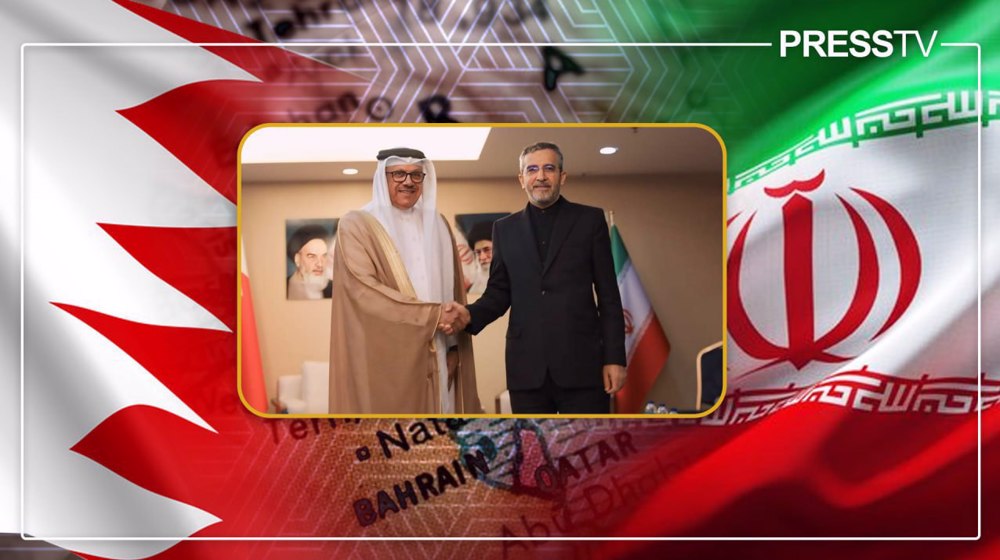
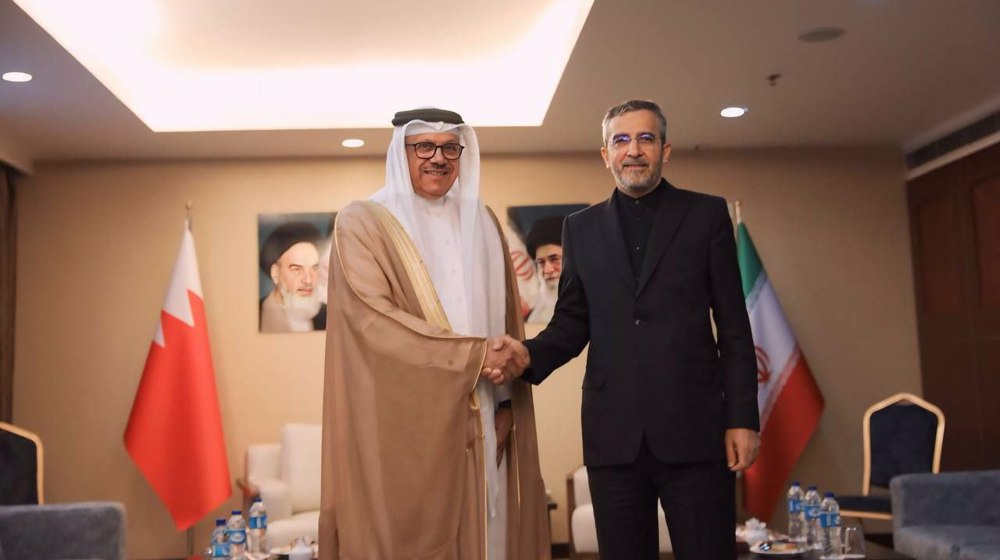
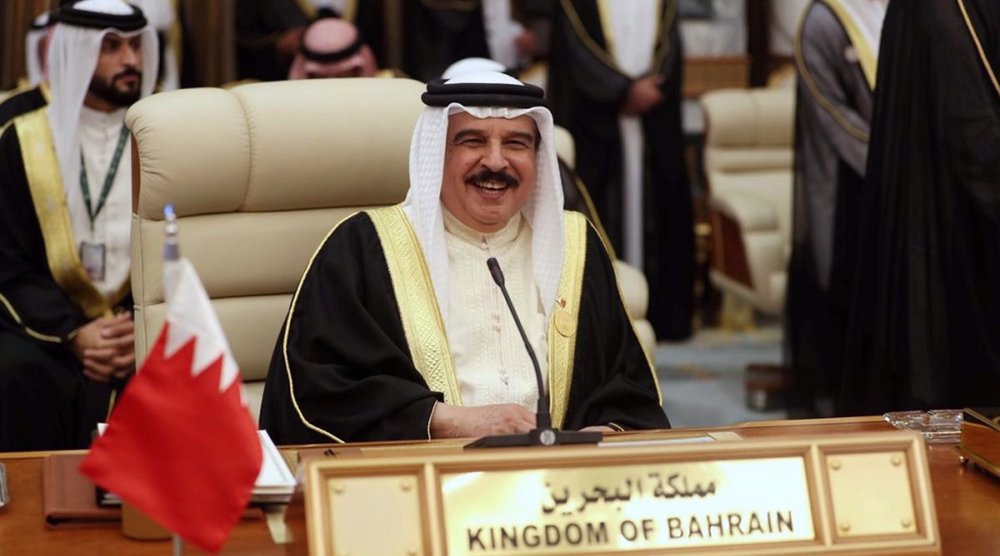



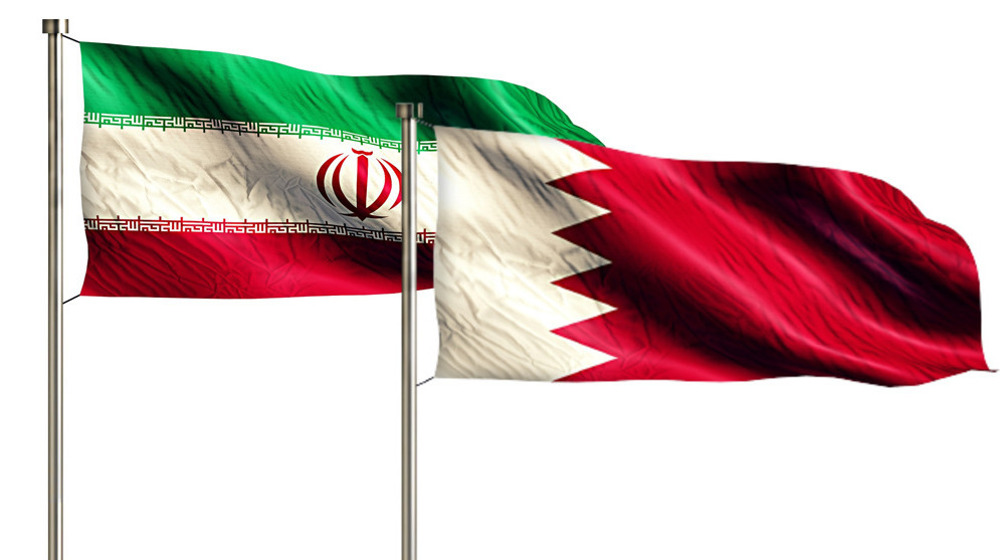
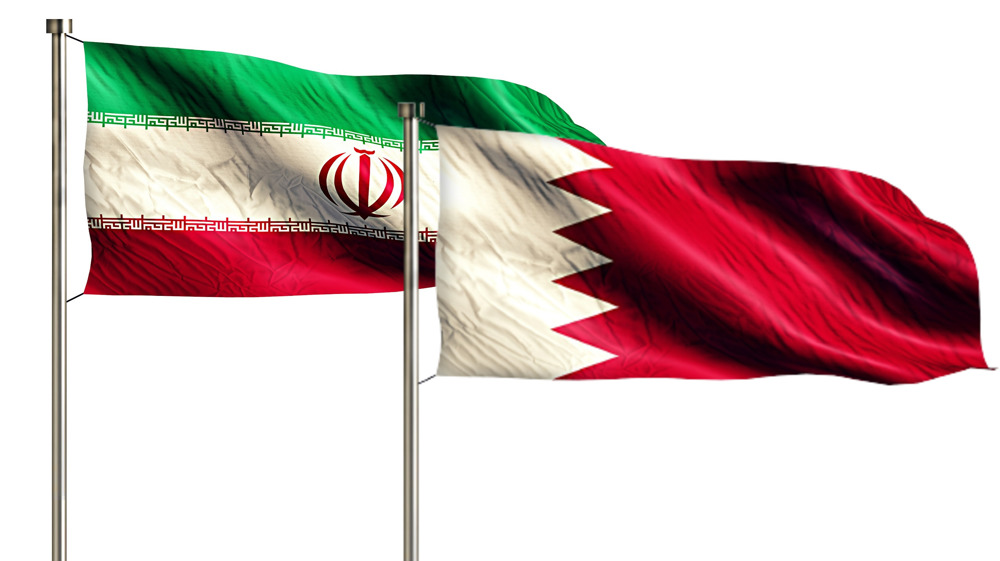
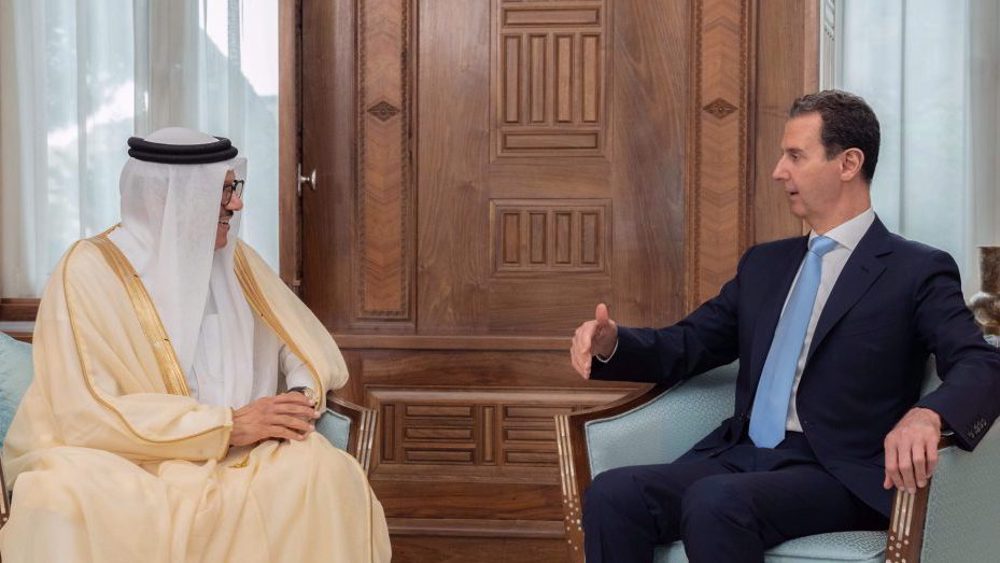
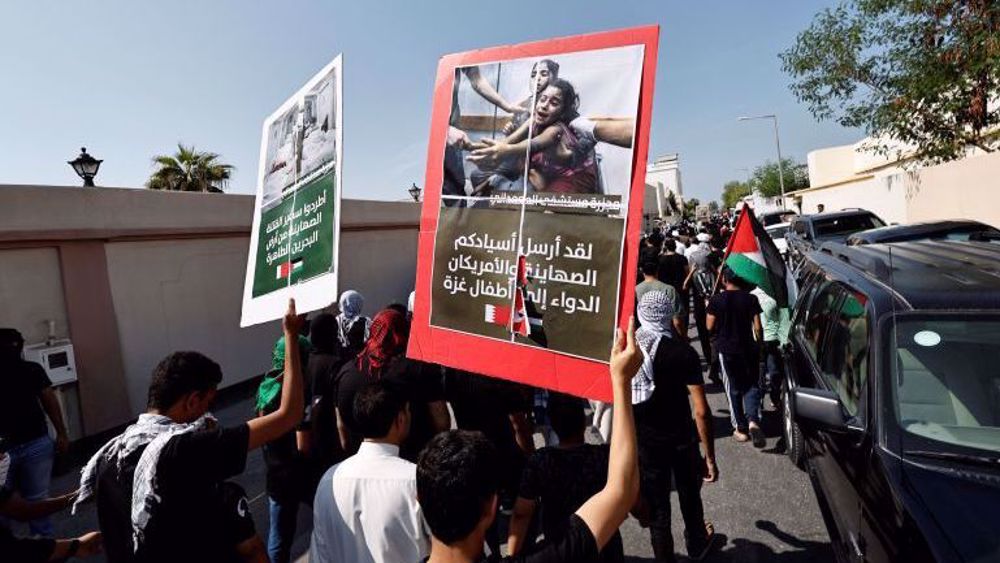

 This makes it easy to access the Press TV website
This makes it easy to access the Press TV website